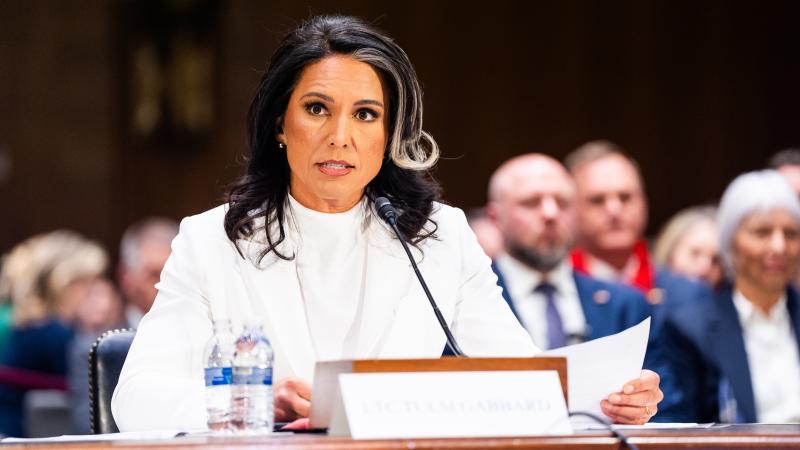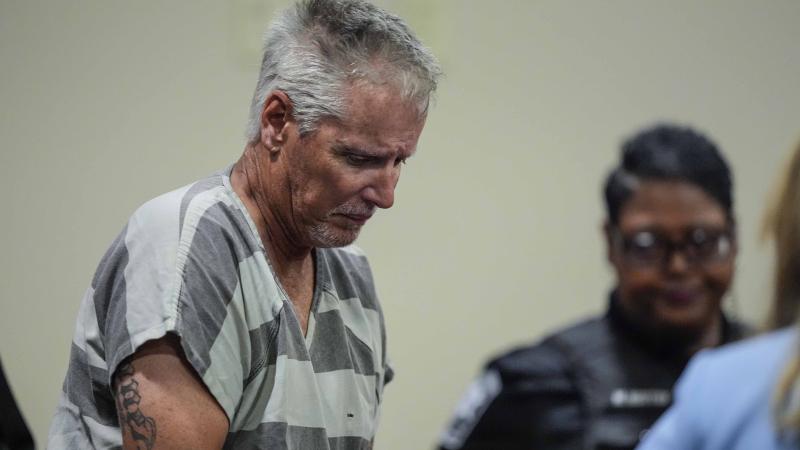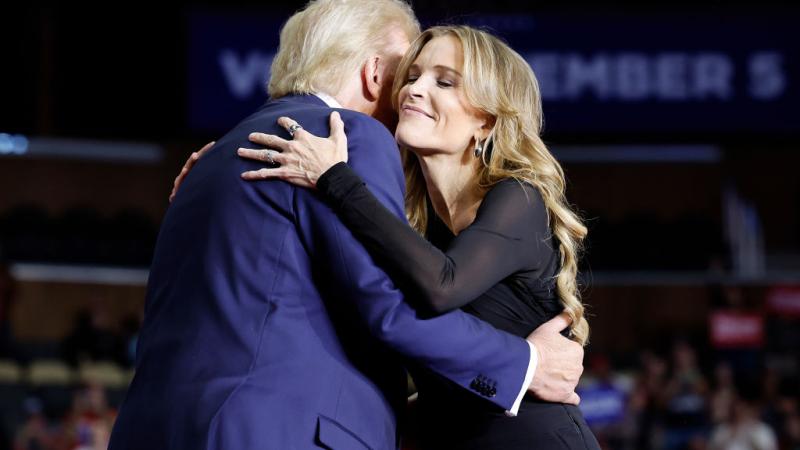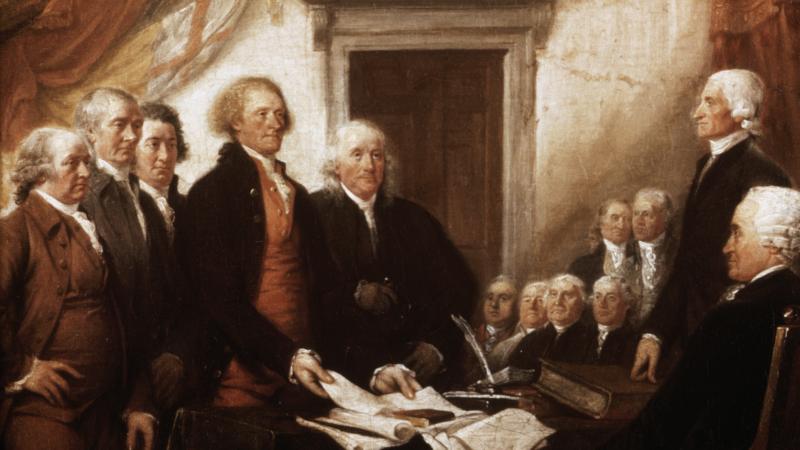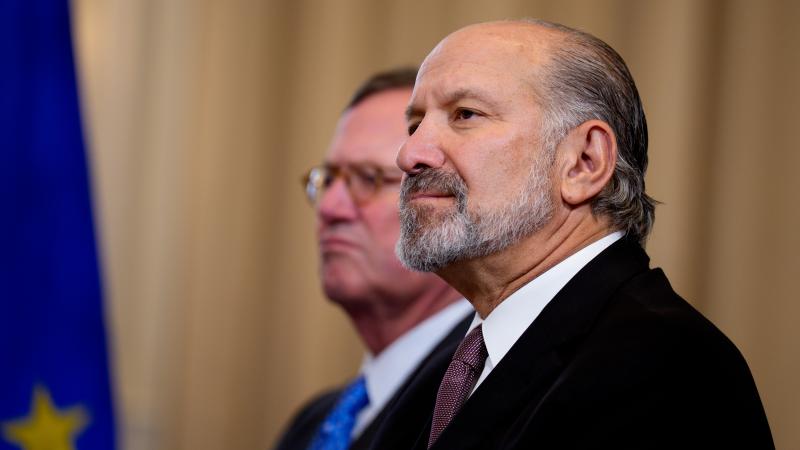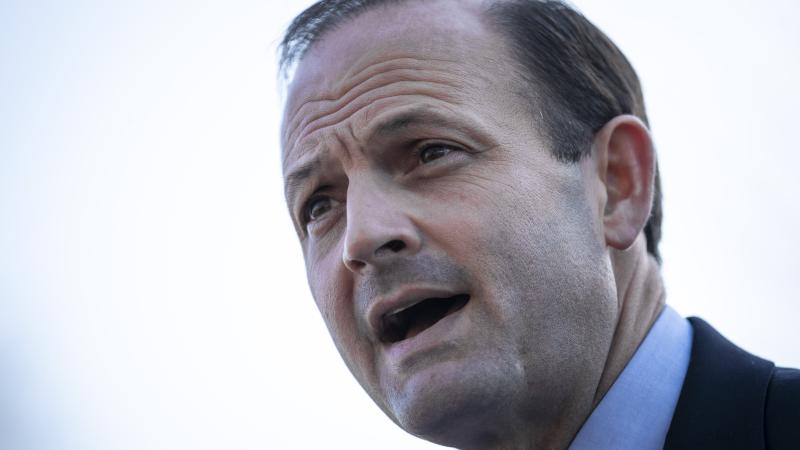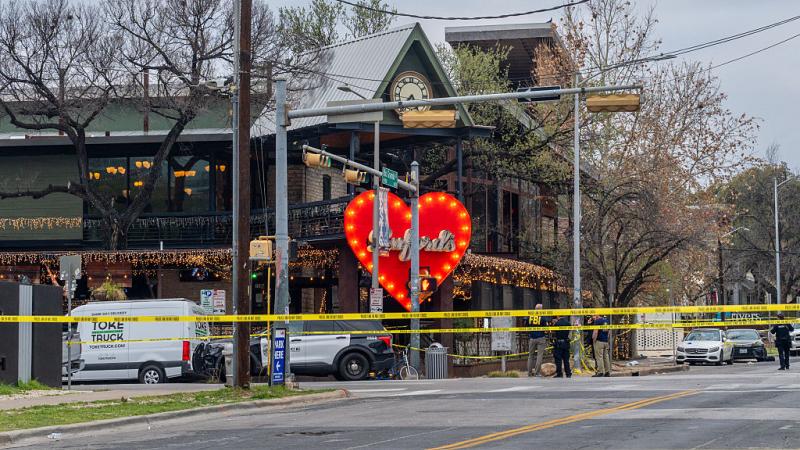Fraudsters used Paycheck Protection Program loans for Bentleys, diamonds, luxury homes: watchdog
The SBA inspector general found the agency eased lending controls to get businesses capital quickly amid the pandemic and thereby increased the "likelihood of ineligible or fraudulent businesses obtaining a PPP loan."
This week's Golden Horseshoe goes to the Small Business Administration for millions in Paycheck Protection Program loans it issued to fraudsters who used the money to purchase luxury homes, high-priced jewelry and expensive cars, including a Bentley and two Lamborghinis, according to a watchdog report.
The Paycheck Protection Program had the highest percentage of cases of criminal activity of all the pandemic relief programs, according to the Pandemic Response Accountability Committee's recent Semiannual Report to Congress.
"A total of 14 OIGs have indictments/complaints, arrests, and/or convictions from April 1, 2021, through September 30, 2021, related to the federal government's COVID-19 pandemic response," PRAC reported.
The PPP program had 49% of those criminal activity cases.
While the cases of PPP fraud continue to be investigated and reported, some of the more egregious examples are detailed in the recent report and on PRAC's website and show many were able to defraud the loan process.
In one case, a Texas Man obtained approximately $17.3 million in forgivable PPP loans after submitting 15 fraudulent applications under various business names he claimed to own.
"He claimed his businesses had numerous employees or paid wages consistent with the amounts claimed in the PPP applications," according to the U.S. Department of Justice.
Dinesh Sah, 55, was initially seeking $24.8 million in loans, but was approved for $17.3 million. He used the loan proceeds to purchase "multiple homes and luxury cars, including a 2020 Bentley convertible," and also sent millions in international transfers.
Sah was sentenced to more than 11 years in prison.
Two other men, one in Texas and another in Florida, received millions in PPP loans, and each purchased a Lamborghini and other luxury items.
Lee Price, 30, of Houston received $1.6 million in fraudulent PPP loans and used the money to buy a Rolex, a Lamborghini Urus and a Ford Truck and pay off a residential property loan.
Price was sentenced to nine years in prison.
Another PPP loan fraudster went on multiple shopping sprees on the $3.9 million he received fraudulently from the SBA, according to the DOJ.
Twenty-nine-year old David Hines of Miami purchased a $318,000 Lamborghini and spent thousands at luxury retailers including $4,622 at Saks Fifth Avenue and $8,530 at Graff Diamonds, according to court documents. He also went on a lavish spending spree at Miami Beach resorts, spending $7,264 at the Setai Hotel Miami Beach, over $4,000 at the Fontainebleau Miami, and nearly $6,000 at another resort all in one month.
Hines also had $3.4 million in his bank accounts when he was arrested. He was sentenced to six years in prison.
A 52-year-old California man was arrested for alleged bank fraud, money laundering and false statements in a loan application when he sought $27 million in PPP forgivable loans, according to the DOJ.
Robert Benlevi allegedly submitted 27 bank loan applications to four banks on behalf of 8 companies he owned, each of which, he claimed, had 100 employees and approximately $400K in monthly payroll. His companies did not have any employees or payroll, according to the DOJ. Three of his companies received $3 million in PPP loans.
"Although Benlevi falsely represented that the funds sought through the PPP loan applications would be used to pay payroll and certain other business expenses, he instead used them for personal expenses, including cash withdrawals, payments on his personal credit cards, and transfers to other personal and business accounts he controlled," according to the DOJ.
The SBA Office of Inspector General continued to sound the alarm about the high level of fraud risk in COVID-19 relief programs, including the Paycheck Protection Program. The watchdog found the agency eased controls in its lending programs to get businesses capital quickly amid the pandemic and in doing so increased the risk of fraud.
"SBA's efforts to hurry capital to businesses were at the expense of controls that could have reduced the likelihood of ineligible or fraudulent businesses obtaining a PPP loan," the SBA OIG found. "As a result, there is limited assurance that loans went to only eligible recipients."


